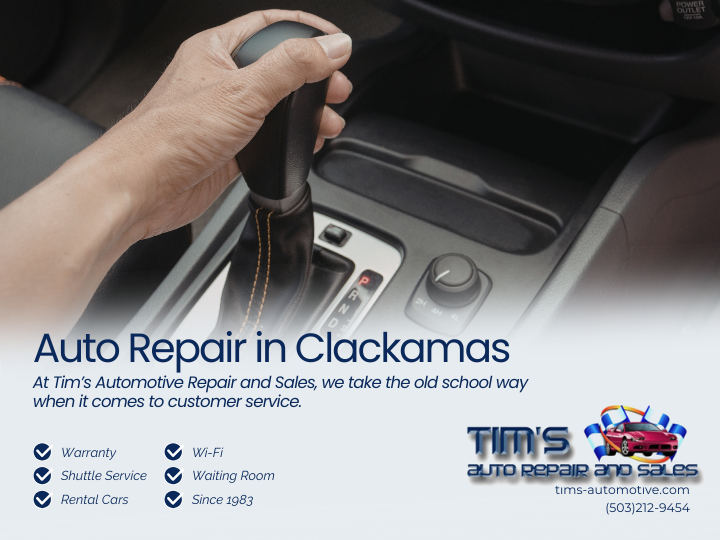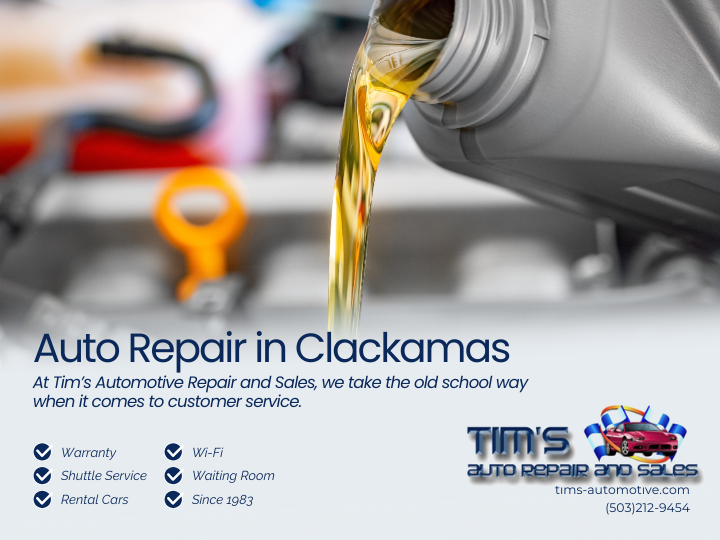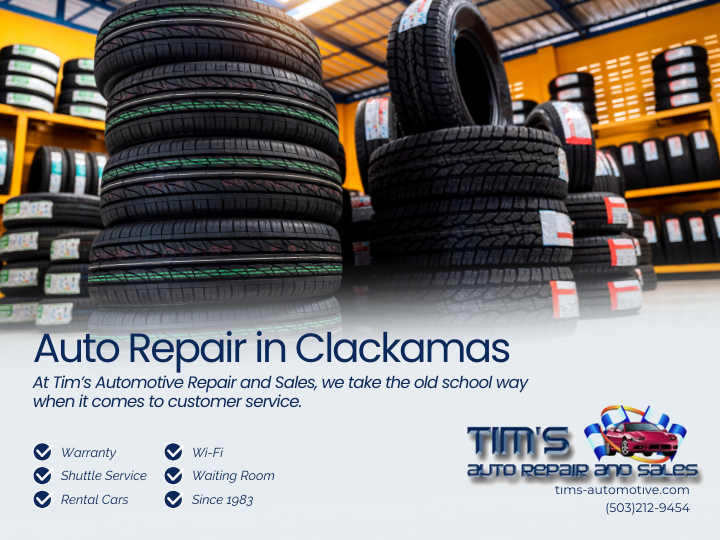Posted on 1/26/2026

Is It Safe to Drive With a Steering Wheel Shake? A steering wheel that shakes while driving is one of those symptoms drivers notice immediately—and often try to tolerate longer than they should. Sometimes it’s mild and easy to dismiss. Other times, it’s the first sign that steering or braking control isn’t as stable as it needs to be. The difficulty is that not all steering wheel shakes mean the same thing. Some are relatively low risk and stable. Others are early warnings of issues that can affect safety, reliability, and long-term repair outcomes. This guide explains how to tell the difference, what’s usually happening mechanically, and how to decide what to do next without guessing or rushing into unnecessary repairs. The clear, honest answer Driving with a steering wheel shake is sometimes acceptable short-term and sometimes not safe at all. The difference depends on when the vibration happens, how it feels, and whether it’s c ... read more
Posted on 1/23/2026

Where Should I Take My Car to Get Fixed? A No-Guesswork Guide for Clackamas, OR Drivers When your car needs repair, the hardest part usually isn’t the repair itself. It’s choosing the right place to take it—especially when you don’t know whether you’re dealing with something minor, something unsafe, or the start of a reliability spiral. Most drivers are trying to answer the same questions: Is it safe to drive right now? Am I about to pay for a diagnosis—or pay for a guess? How do I know this shop is solving the root cause? What happens if I wait? How do I find a shop I can trust long-term? This guide gives you a practical framework to pick the right shop in Clackamas and the surrounding Portland-metro area. You’ll learn the difference between diagnosis and parts swapping, what a trustworthy shop does before recommending repairs, what questions to ask, and how local driving conditions (wet weather ... read more
Posted on 1/19/2026

The Complete Guide to Transmission Repair: What Clackamas Drivers Need to Know The transmission is one of the most important systems in your vehicle. It is the link between the engine’s power and the wheels’ movement, and it determines how smoothly, efficiently, and reliably your vehicle drives. When the transmission is healthy, shifts are seamless. When it’s not, your vehicle tells you — through hesitation, slipping, rough changes, or strange noises. Transmission failure is not random. It builds over time, starting with early symptoms that many drivers overlook. The sooner these signs are recognized, the more likely a vehicle can be repaired before serious damage occurs. This comprehensive guide is designed for drivers throughout Clackamas, Happy Valley, Milwaukie, Gladstone, Oregon City, Damascus, West Linn, and the greater Portland metro area. It provides the clarity, depth, and authority needed to understand transmission problems, identify warning signs ... read more
Posted on 1/16/2026

What Do I Do About My Car Having an Oil Leak? A Complete, High-Authority Guide for Drivers in Clackamas, Happy Valley, Milwaukie, and SE Portland Few vehicle problems are misunderstood as often as an oil leak. Drivers see a dark spot on the driveway or notice a burning smell after parking and assume it’s minor. Others top off their oil and keep driving, believing the issue is manageable. Some ignore the leak entirely until smoke appears or the warning light flickers on the dashboard. But an oil leak is not harmless. It never stabilizes. It never “stays small.” And it never fixes itself. Oil is the foundation of engine survival, and any breach in the sealed lubrication system immediately affects heat control, friction, pressure, and long-term wear. Oil leaks always progress—they always worsen, spread, and begin affecting surrounding components. This is especially true for drivers throughout Clackamas, Happy Valley, Milwaukie, Oregon City, Gladstone, Damas ... read more
Posted on 1/12/2026

Why Is My TPMS Light On? The Real Reasons Your Tire Pressure Monitoring System Activates Modern vehicles are equipped with sophisticated warning systems that monitor safety in real time. One of the most important—yet widely misunderstood—is the TPMS light, or Tire Pressure Monitoring System alert. Most drivers see the light and assume their tire is “just a bit low.” But TPMS is not a casual reminder—it is a federally mandated safety system that monitors pressure, temperature, and sensor communication to prevent tire failure, handling issues, and braking instability long before you feel a difference behind the wheel. In Oregon—especially in Clackamas, Happy Valley, Damascus, Oregon City, Milwaukie, Gladstone, and the surrounding Portland area—rain, seasonal temperature swings, hillside elevation changes, and long commuting distances frequently cause tire pressure fluctuations that trigger the TPMS light. This in-depth guide explains everythi ... read more